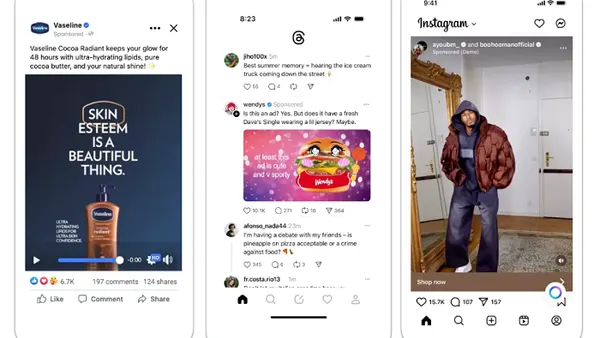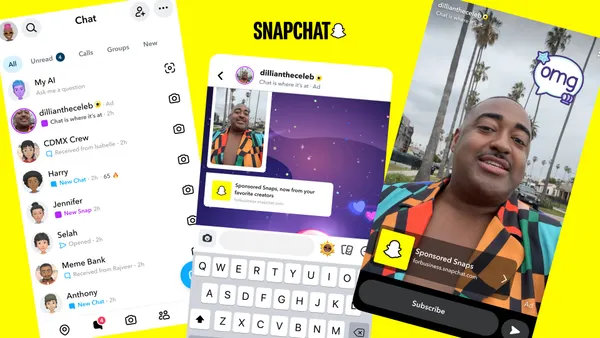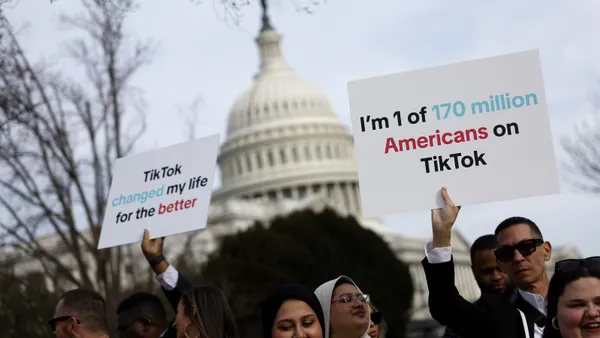Brief:
- The global market for smart speakers will grow 82% to 207.9 million units by the end of this year, according to a Canalys report.
- The research firm forecasts that the installed base of devices like Google Home, Amazon's Echo and Apple's HomePod will overtake tablets by 2021, when almost 600 million smart speakers will be in operation.
- The U.S., which has the most mature market for smart speakers and the biggest installed user base, will see growth of 46% this year. Growth in Asian countries is more rapid, including China (166% growth to 59.9 million units), South Korea (132%) and Japan (131%). Canada's smart speaker market is set to swell 80%, followed by Germany (49%) and the U.K. (47%), Canalys estimates.
Insight:
Canalys' report indicates that the smart speaker space will continue to show explosive growth over the next few years around the globe, increasing the opportunity for brands to reach consumers through an interactive voice channel. The research firm estimates that the U.S. alone will have an installed base of 90 million smart speakers by the end of this year, which includes households with multiple devices. That estimate is in line with figures from eMarketer and Voicebot.ai, which have predicted that about 70 million U.S. adults will use smart speakers by the end of this year.
Despite the explosive growth in smart speakers' presence in homes, adoption of voice commerce has been limited. However, that hasn't deterred retailers like Target and Walmart from expanding their marketing programs for smart speakers powered by virtual assistants and serving as the hub for connected homes. Consumers prefer in-store browsing versus other methods with only 0.58% of those surveyed prefer shopping on smart speakers, according to Gartner.
Contributing factors for voice commerce's slow adoption include businesses' inaccurate answers to basic searches for information like opening hours, per a survey by location marketing firm Uberall. To drum up more frequent smart speaker usage, businesses need to collectively ensure they're delivering accurate answers for verbal queries and in-depth information around products and services for voice users.
Meanwhile, Amazon's Echo smart speaker is the market leader, and its Alexa virtual assistant has more than 80,000 voice-powered apps, according to Bloomberg. While some software developers say that Alexa has yet to spawn a breakout hit, that claim ignores the growing popularity of on-demand music on smart speakers — a positive trend for streaming services like Pandora.











